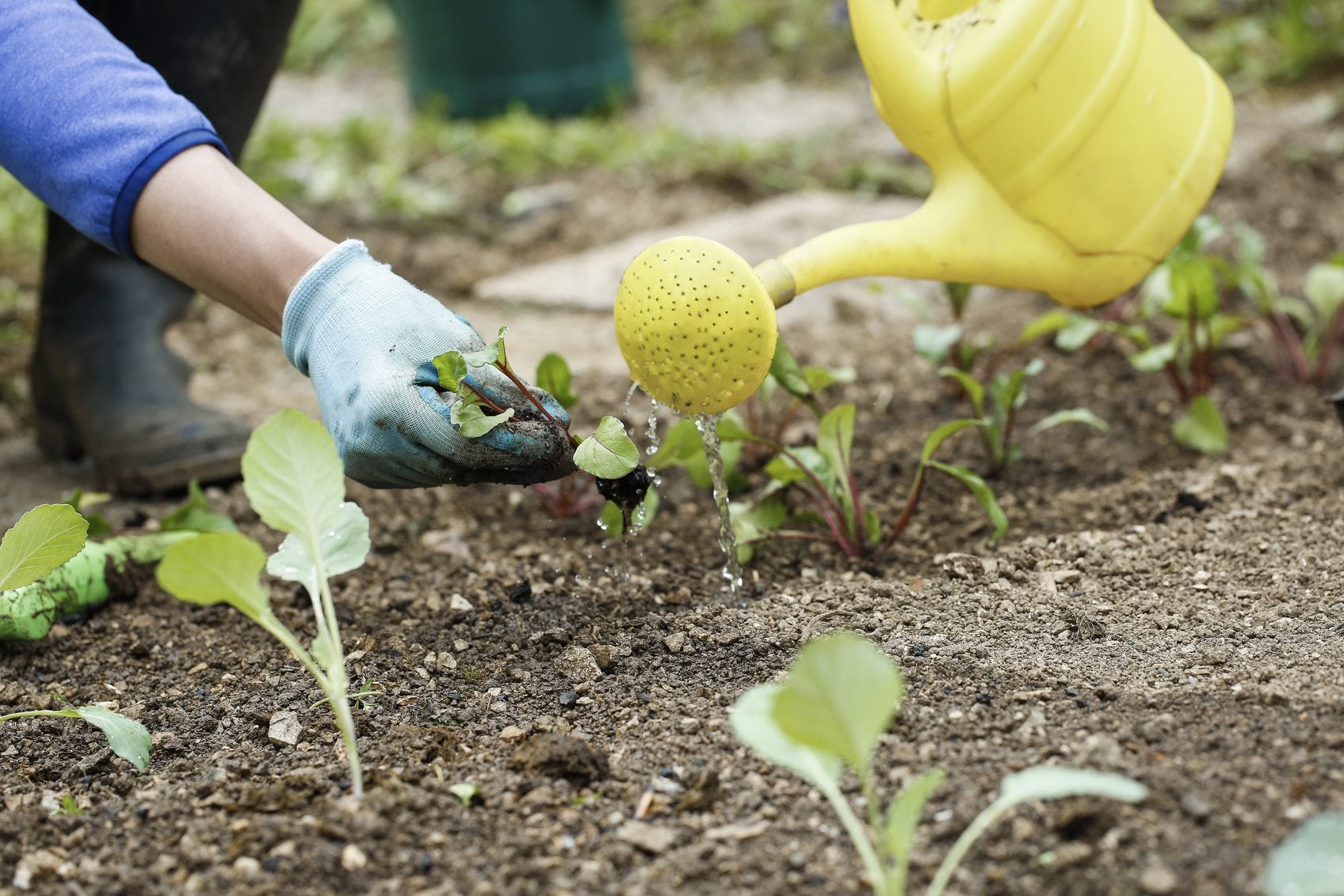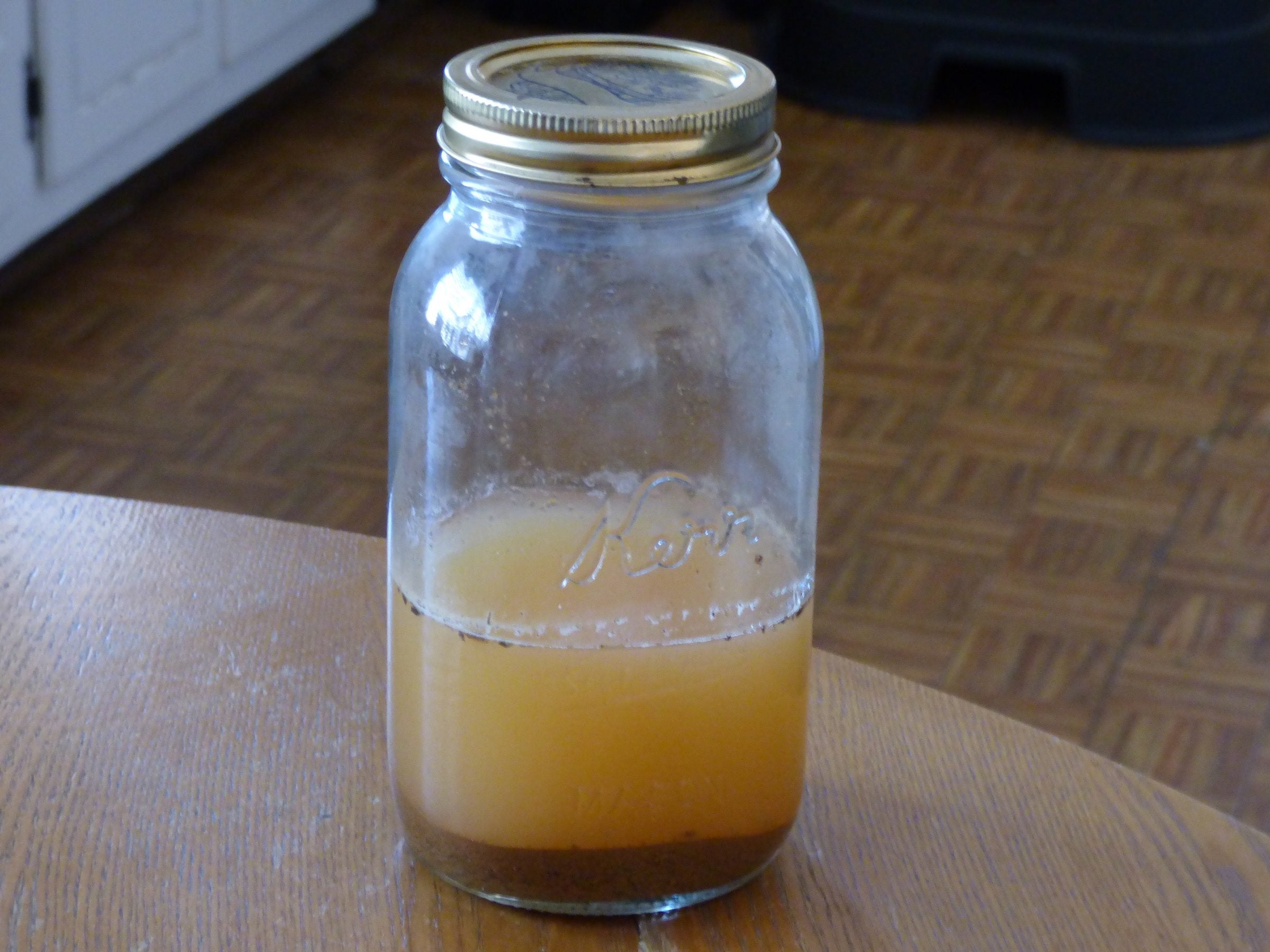Soil, Fixes & Fertilizers
Knowing how soil affects plant growth is important to growing a successful garden. Healthy soil means healthy plants. That said, it helps to learn about the different types of soil textures and how each can affect the garden. In addition, knowing about the various types of fertilizers for soil enhancement can help you learn how to improve soil health for growing healthy, happy plants. In the pages that follow, you will find numerous types of fertilizers to improve soil health and everything you need to know about the different types of soil.
-
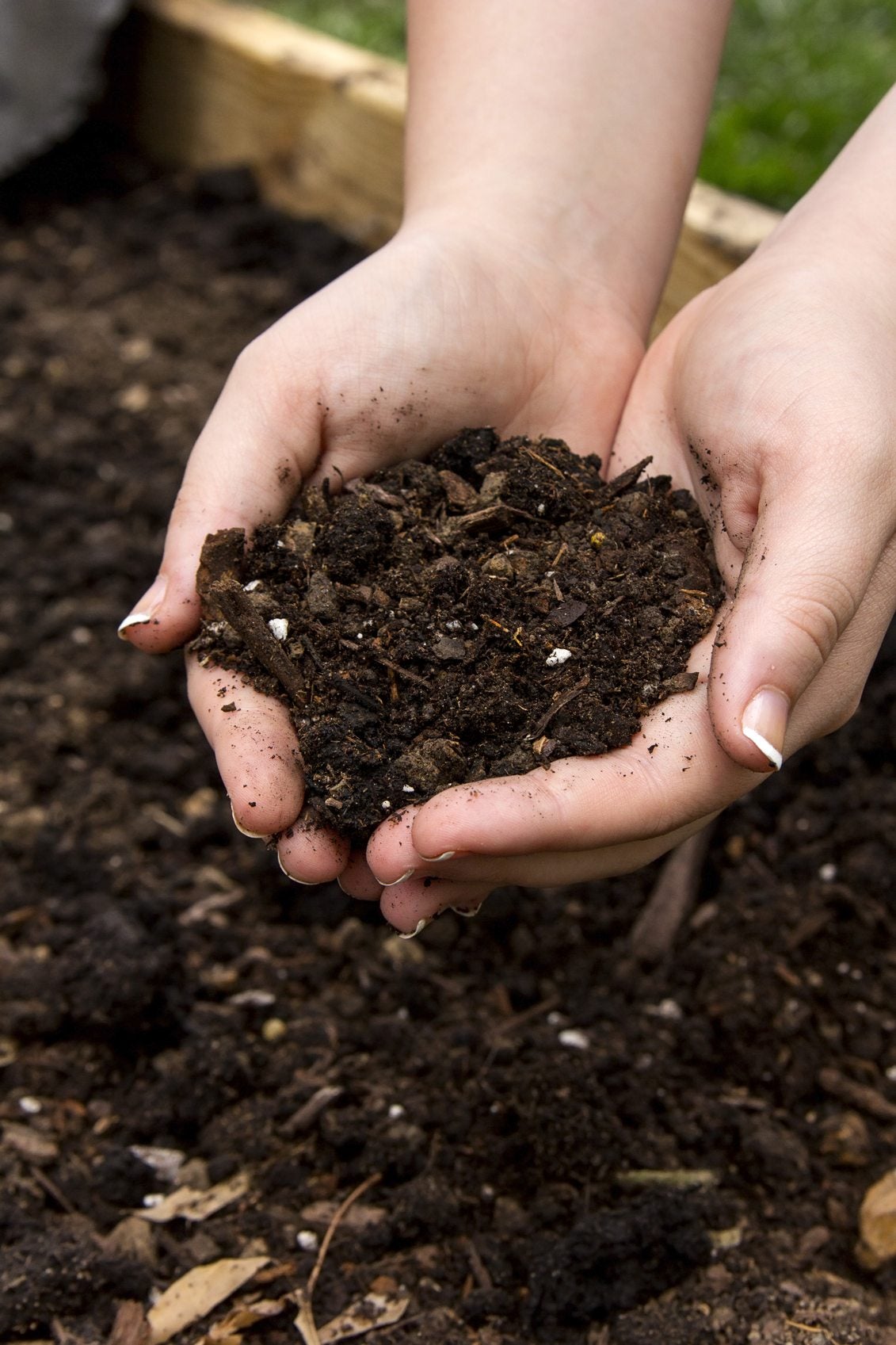
What Is The Best Soil For Raised Garden Beds
Get great results with your veggies and herbs by choosing the best soil for raised garden beds.
By Teo Spengler
-
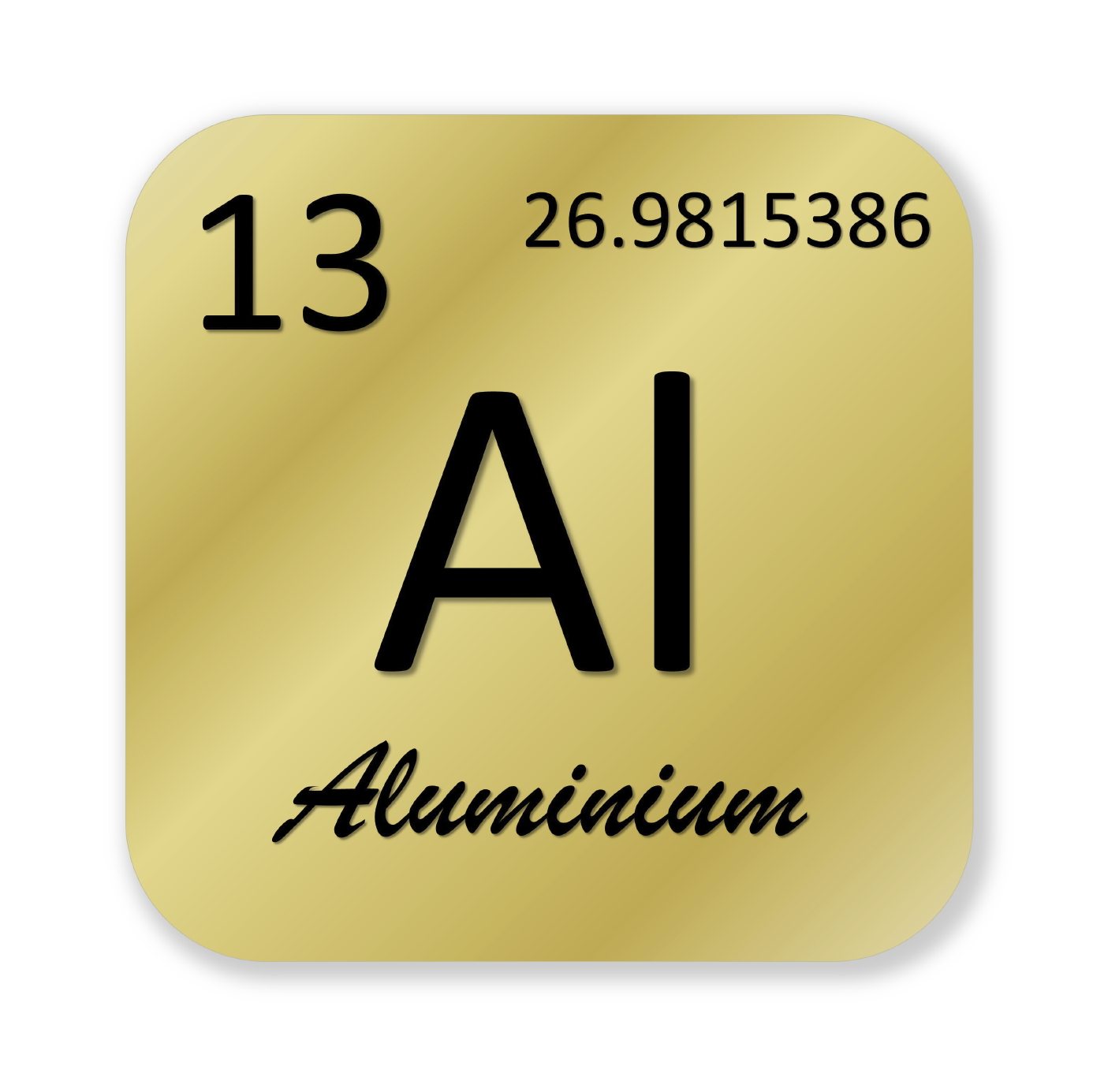
Information About Aluminum In Garden Soil
Aluminum is the most abundant metal in the earth's crust, but it isn't an essential element for either plants or humans. Read this article to find out about aluminum and soil pH, and the symptoms of toxic aluminum levels.
By Jackie Carroll
-
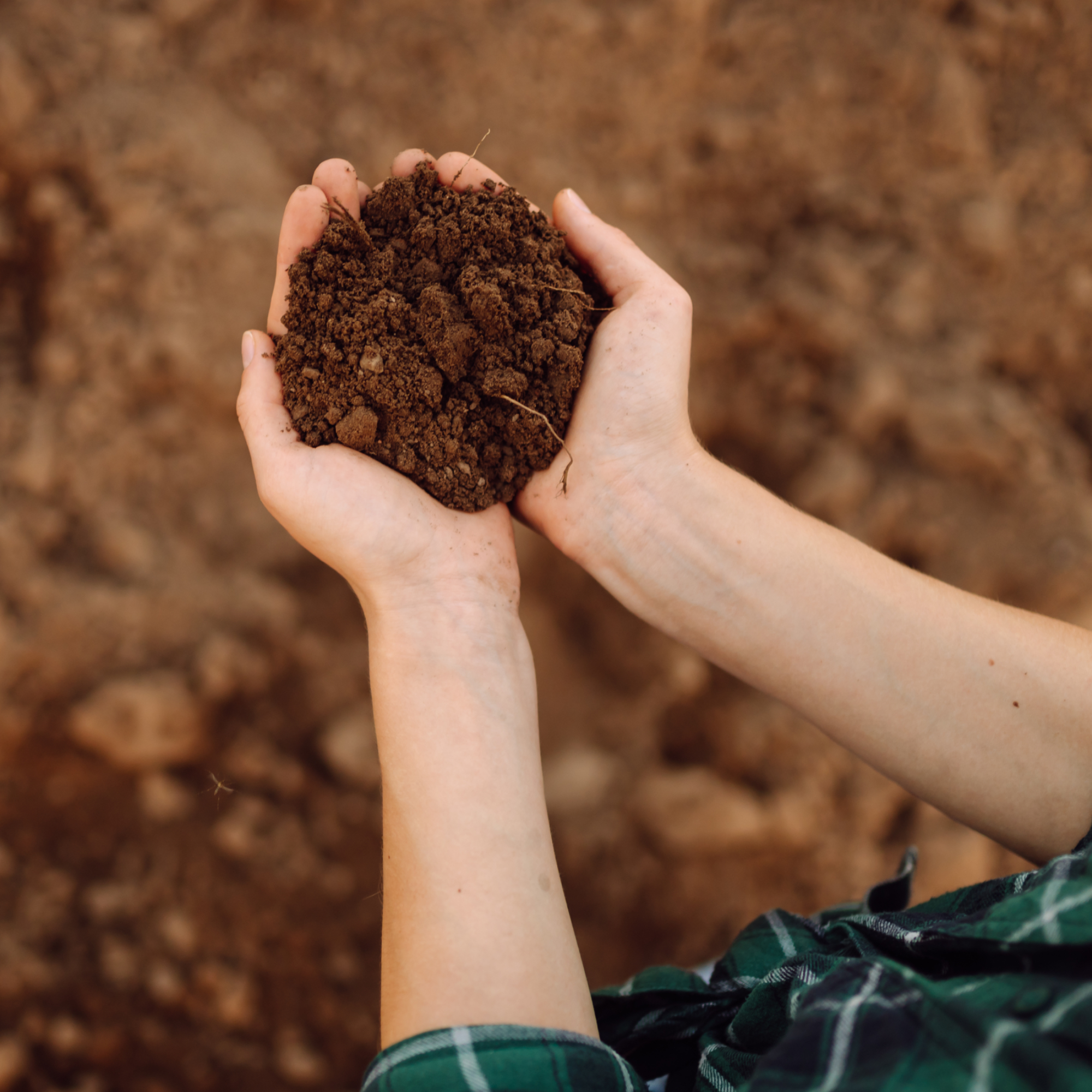
Garden Soil Preparation: Tips For Improving Garden Soil
Poor soil grows poor plants. Unless you have a garden full of black gold, you need to know how to improve the soil. Whether it's nutrient deficient, compacted, heavy clay, or any other issue, here's some soil amendment info to get you started.
By Bonnie L. Grant
-
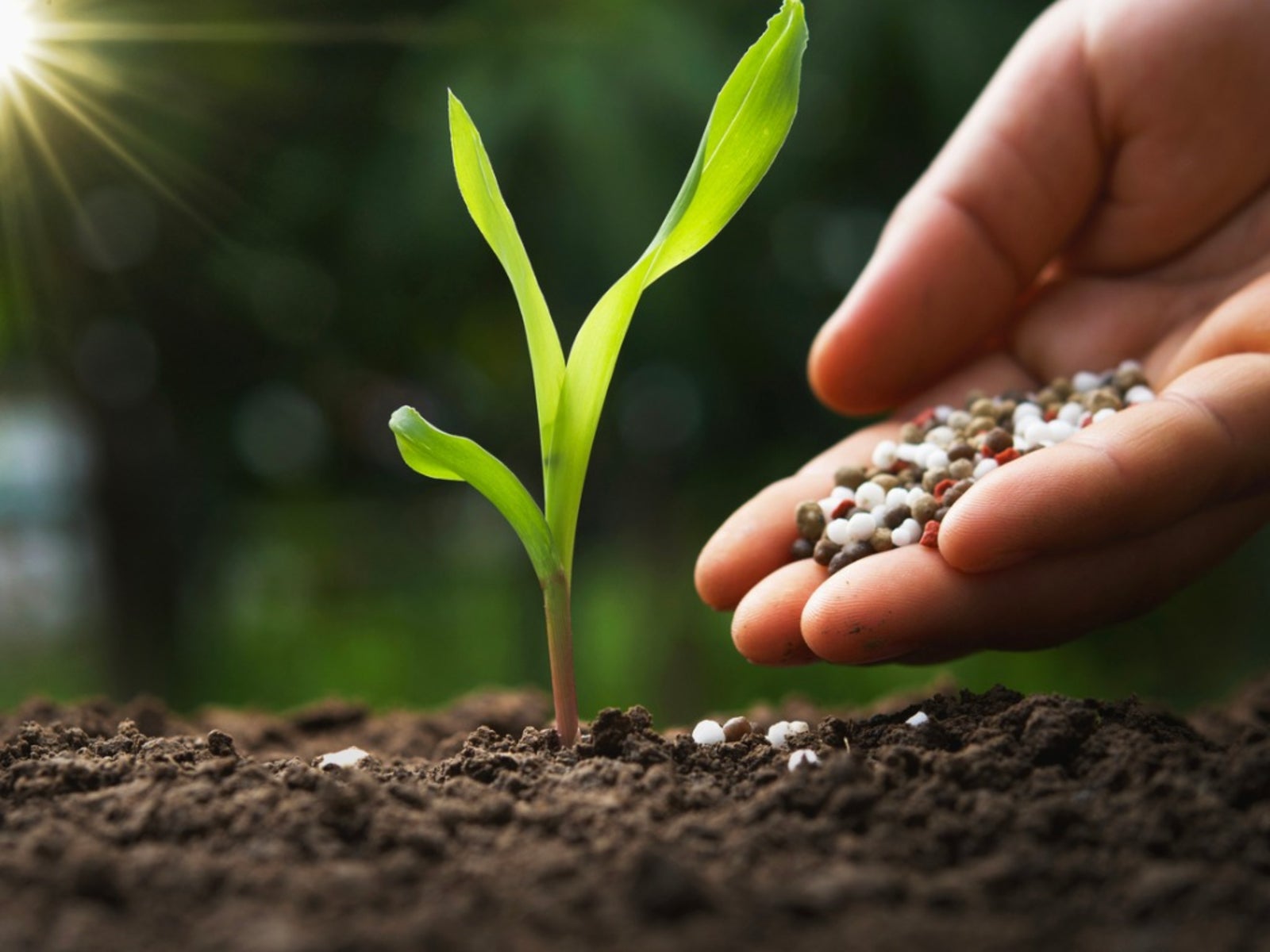
Too Much Fertilizer On Plants: Managing Fertilizer Burn In Gardens
When it comes to fertilizing, we often fall into bad habits. Over fertilization in the garden often results in fertilizer burn of plants. Read this article to learn what can be done about it.
By Kristi Waterworth
-
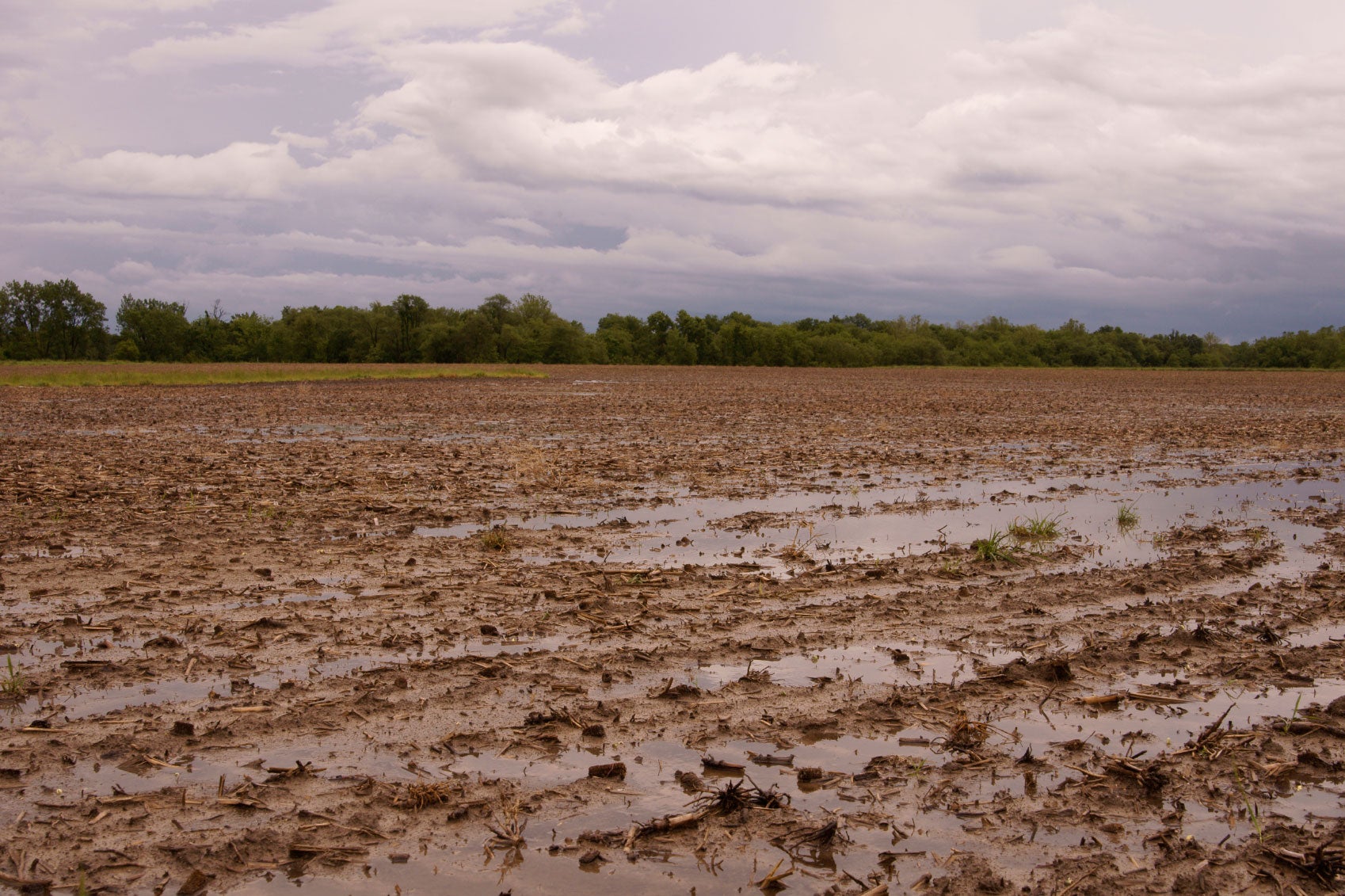
Types Of Leaching: Info On Leaching Garden Plants And Soil
What is leaching? This is a commonly asked question. Read this article to learn more about the types of leaching in plants and soil. Click here to get this important information and learn how to distinguish between them.
By Anne Baley
-
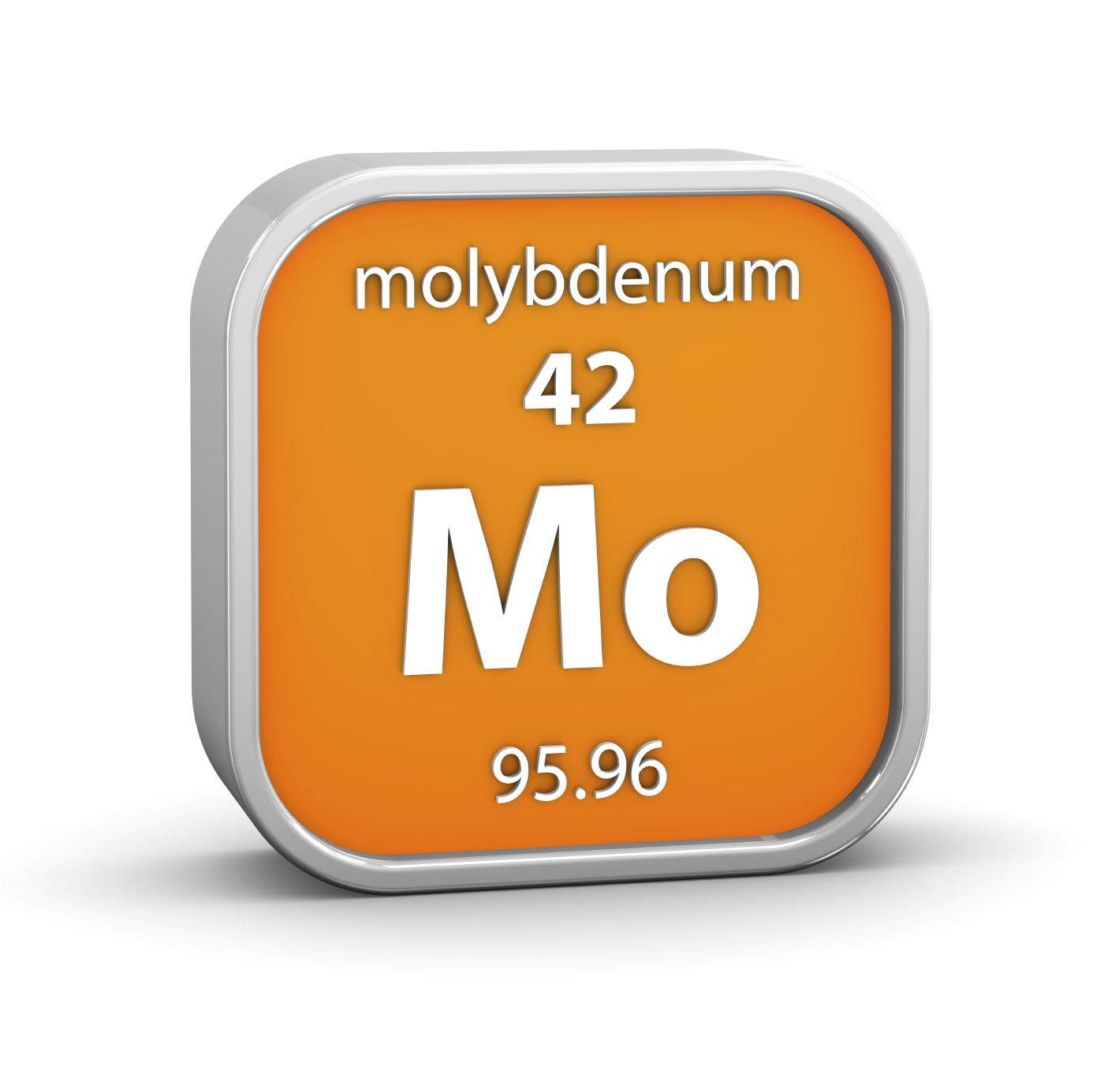
What Is Molybdenum: Information On Molybdenum Sources For Plants
Molybdenum is a trace mineral important for plants and animals. Plants can tolerate very high levels of molybdenum but do poorly with little to none of the element. Learn more here.
By Bonnie L. Grant
-
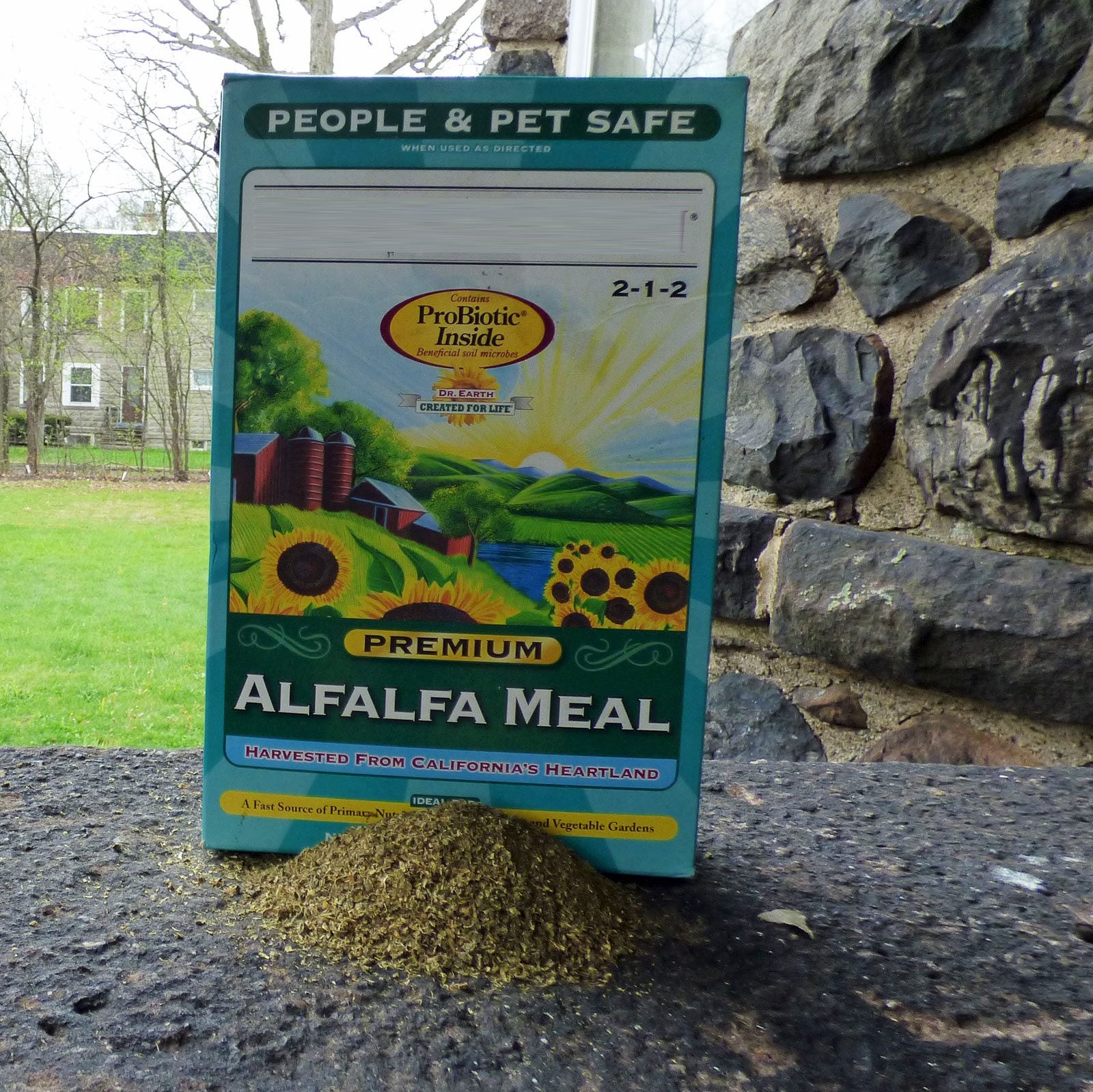
Fertilizing With Alfalfa Meal: How To Use Alfalfa Meal In The Garden
If you've ever been around horses, you'll know they love alfalfa meal as a tasty treat. Organic gardeners know it for another reason: it's a great natural fertilizing agent for blooming plants. Get more info here.
By Anne Baley
-
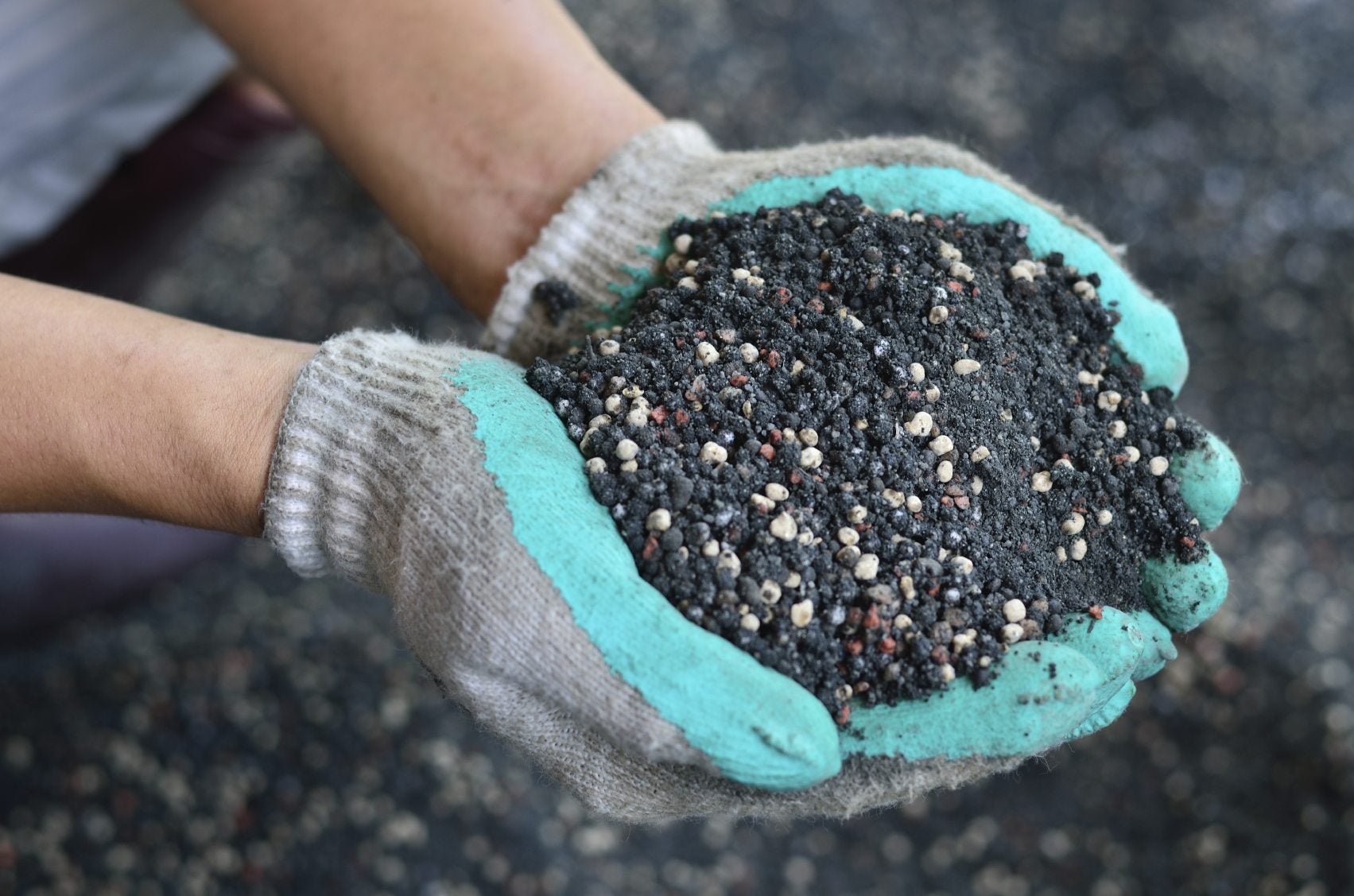
Soil Health Information: What Are Macro and Micro Elements In Plants
Macro and micro elements in plants are essential to healthy growth. They are found naturally in soil, but get depleted. That?s where fertilizer comes in. Read this article to learn more about common soil nutrients. Click here.
By Liz Baessler
-
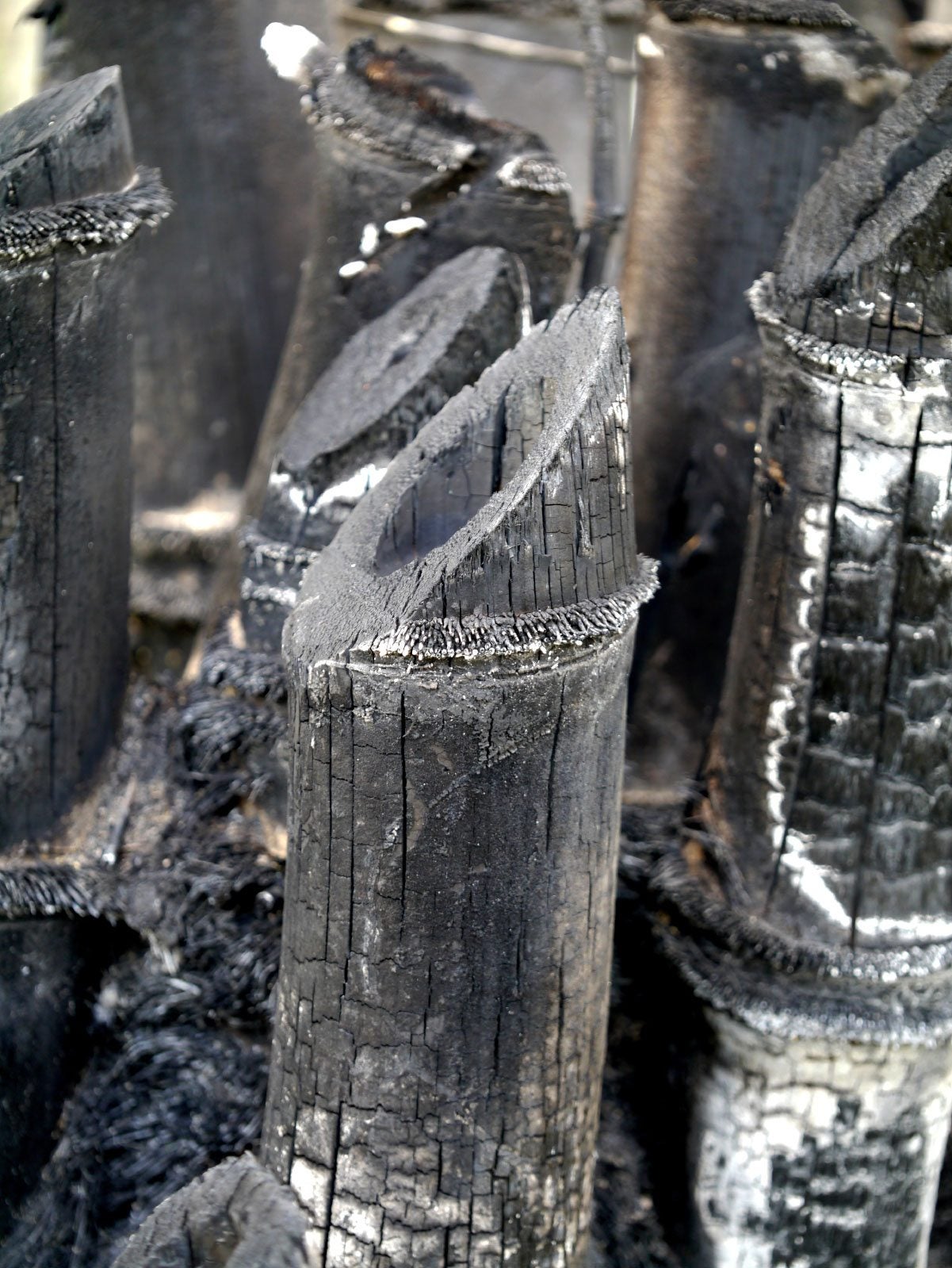
What Is Biochar: Information On Biochar Use In Gardens
Biochar is a unique environmental approach to fertilizing. Primary biochar benefits are its potential to combat climate change by removing harmful carbon from the atmosphere. So what is biochar? Learn more about biochar and its benefits in this article.
By Mary H. Dyer
-
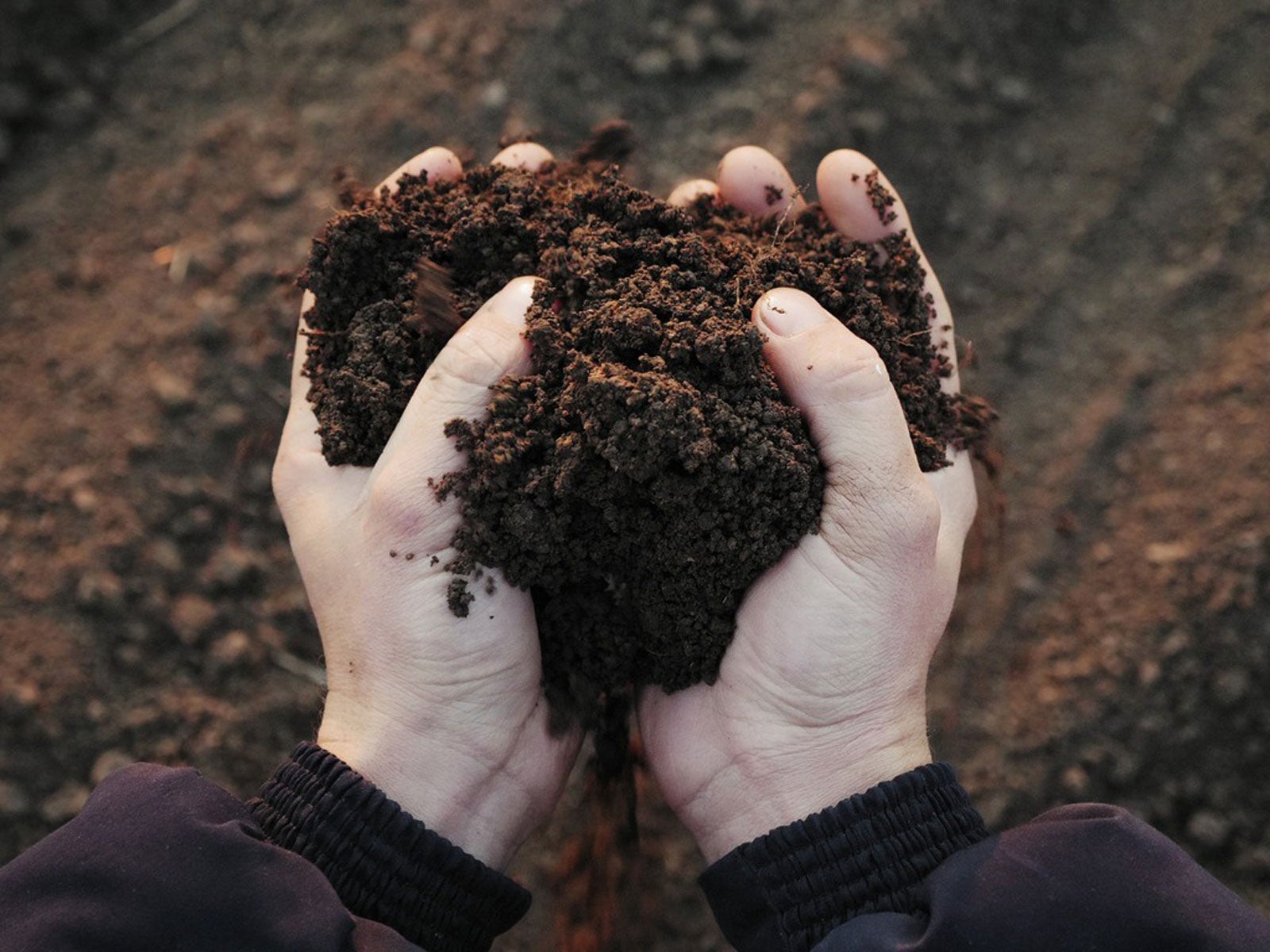
Sustainable Gardening Tips – Building A Sustainable Garden Soil
Build healthy soil to enhance your sustainable garden while reaping the rewards of more abundant crops and a more eco-friendly environment.
By Bonnie L. Grant
-
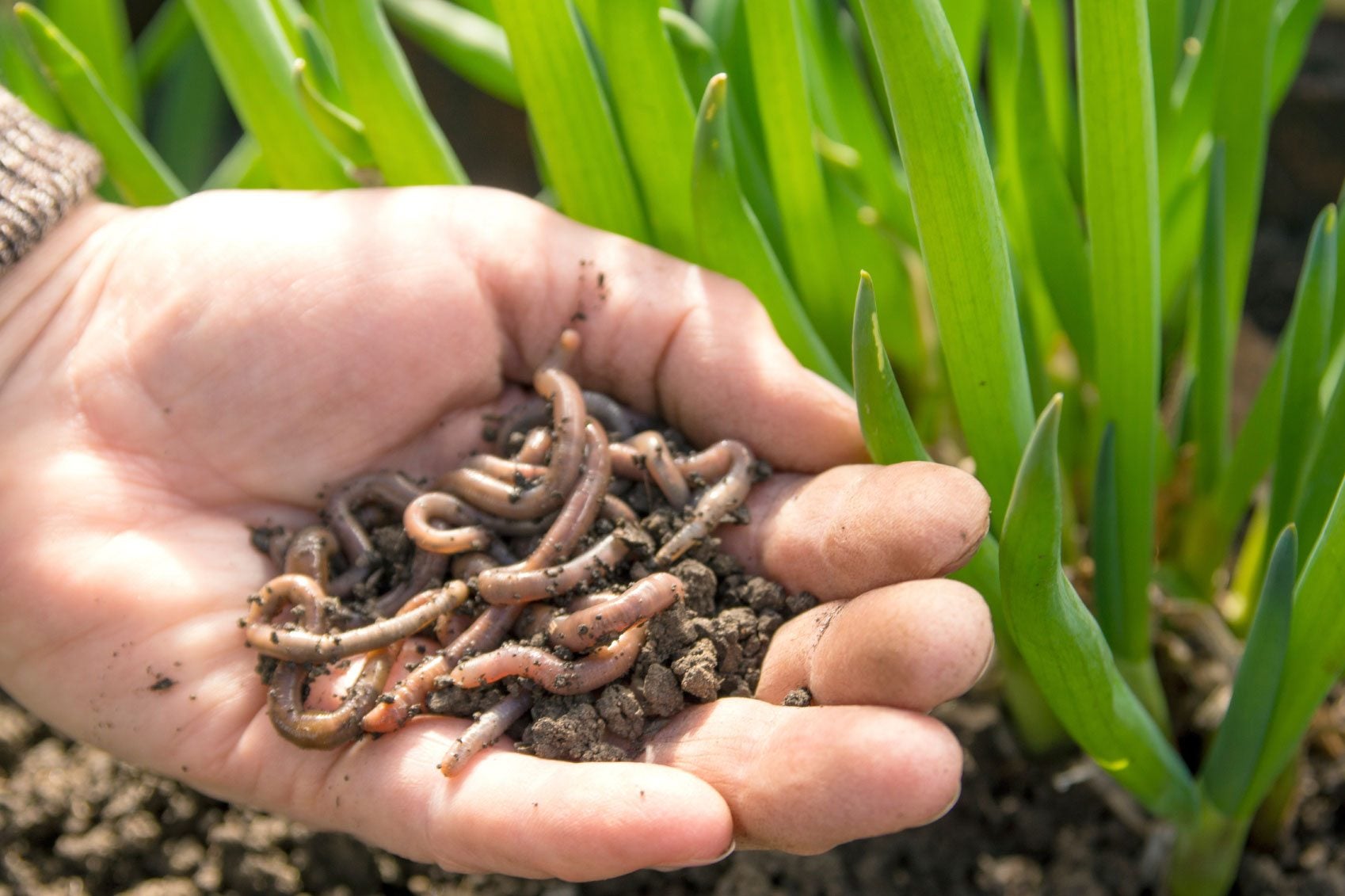
Adding Worms To A Compost Pile - How To Attract Earthworms
Learn how to attract earthworms for optimum plant health and porosity. This article provides tips and information on attracting worms to the garden and the benefits they offer.
By Bonnie L. Grant
-
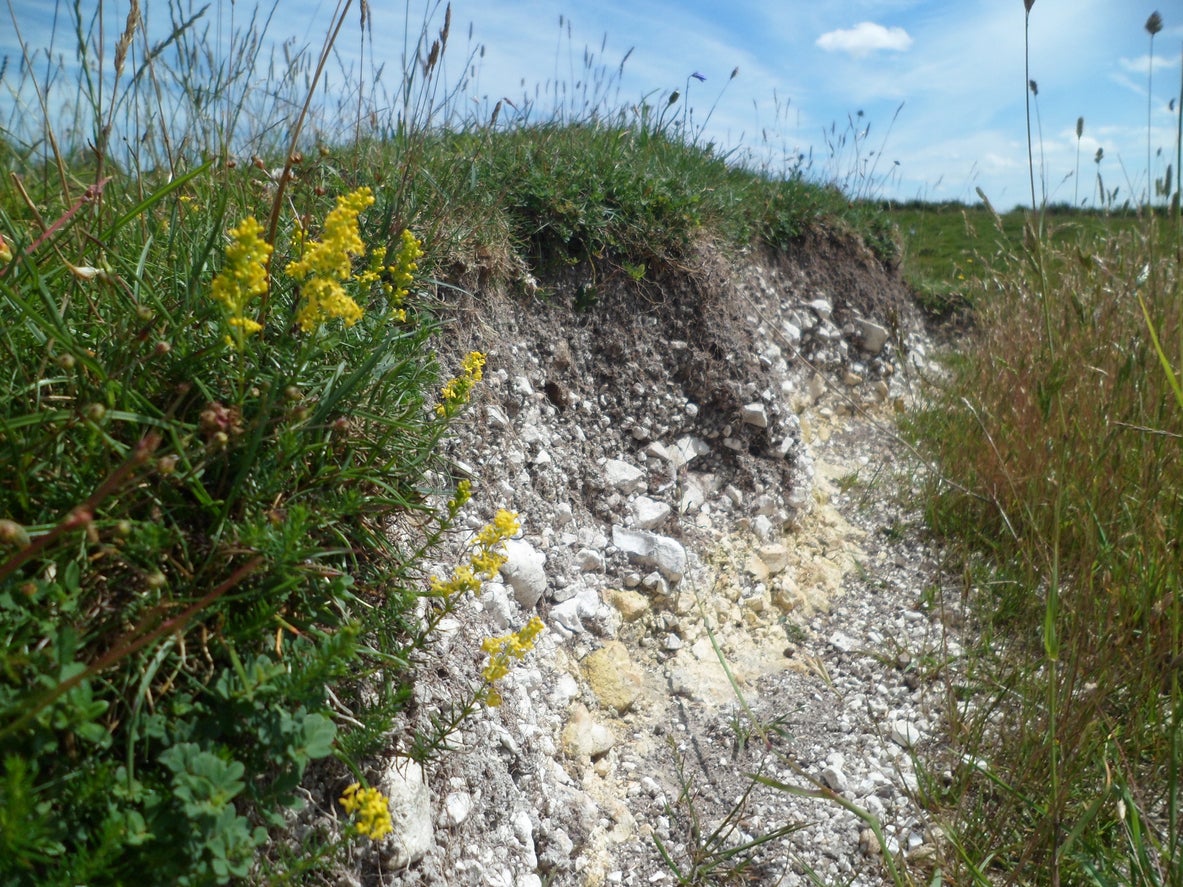
What Is Chalky Soil: Tips For Improving Chalky Soil
It?s common to hear reference to alkaline/acidic or sandy/loamy/clay when soil types are being explained. These may be categorized even further with terms like lime or chalky soil. Lime soils are pretty common, but what is chalky soil? Find out here.
By Darcy Larum
-
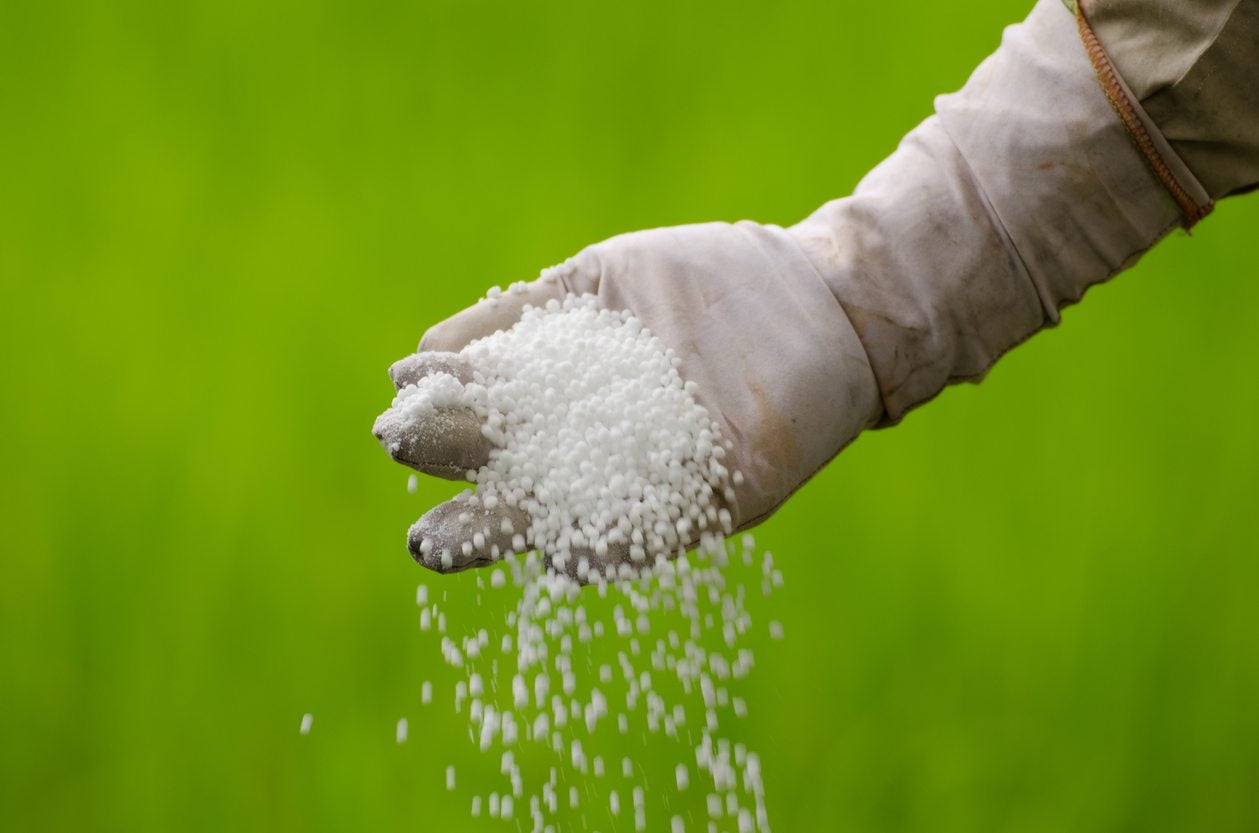
Understanding Nitrogen Requirements For Plants
Understanding nitrogen requirements for plants helps gardeners supplement crop needs more effectively. Adequate nitrogen soil content is necessary for healthy plants. Get more info in this article.
By Nikki Tilley
-
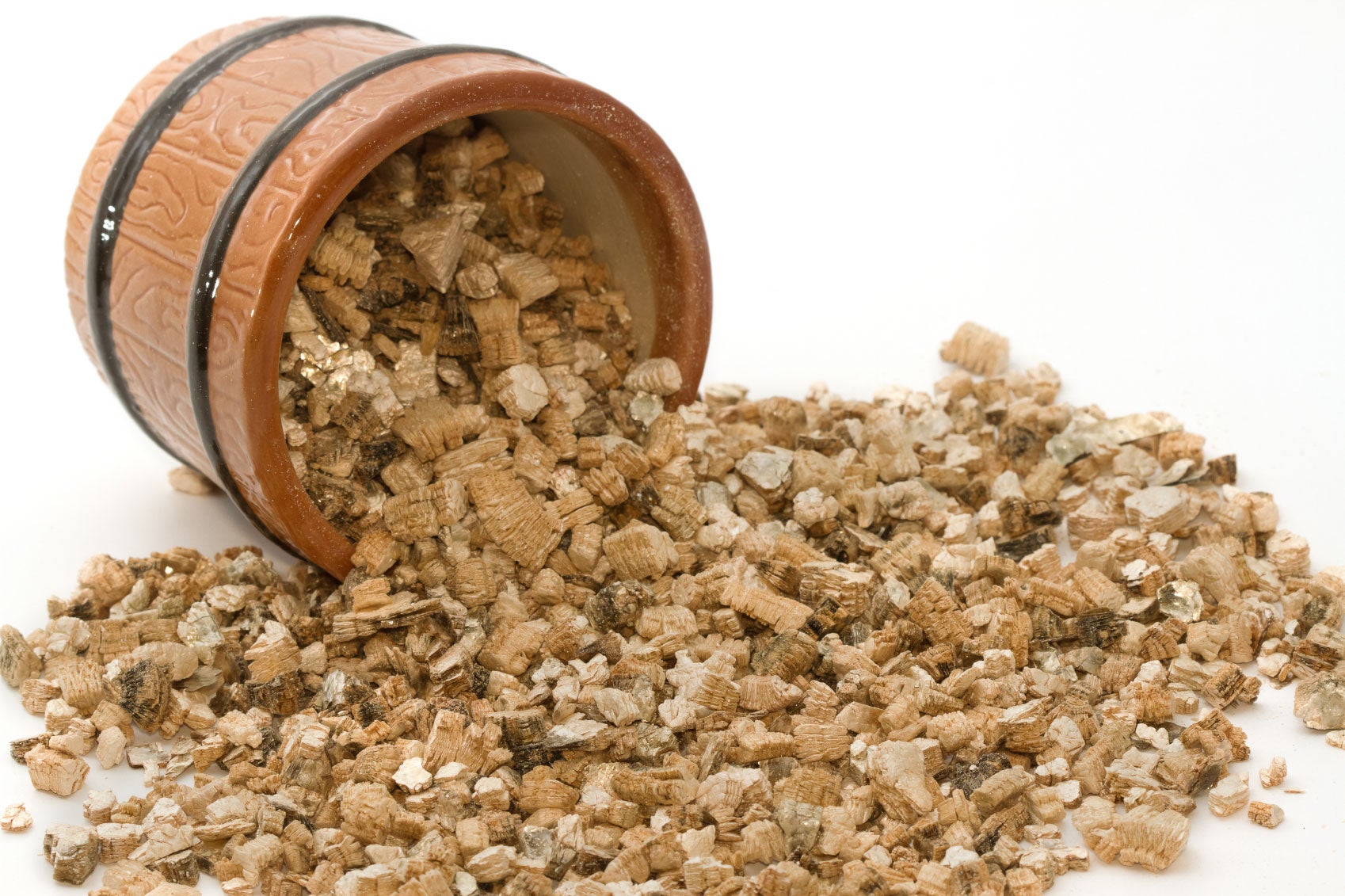
What Is Vermiculite: Tips On Using Vermiculite Growing Medium
plants require soil aeration, nutrition and water to thrive. If your garden soil is lacking in any of these, there is something that you can add to improve soil structure - vermiculite. What is vermiculite and how is using vermiculite beneficial? Click here for more info.
By Amy Grant
-
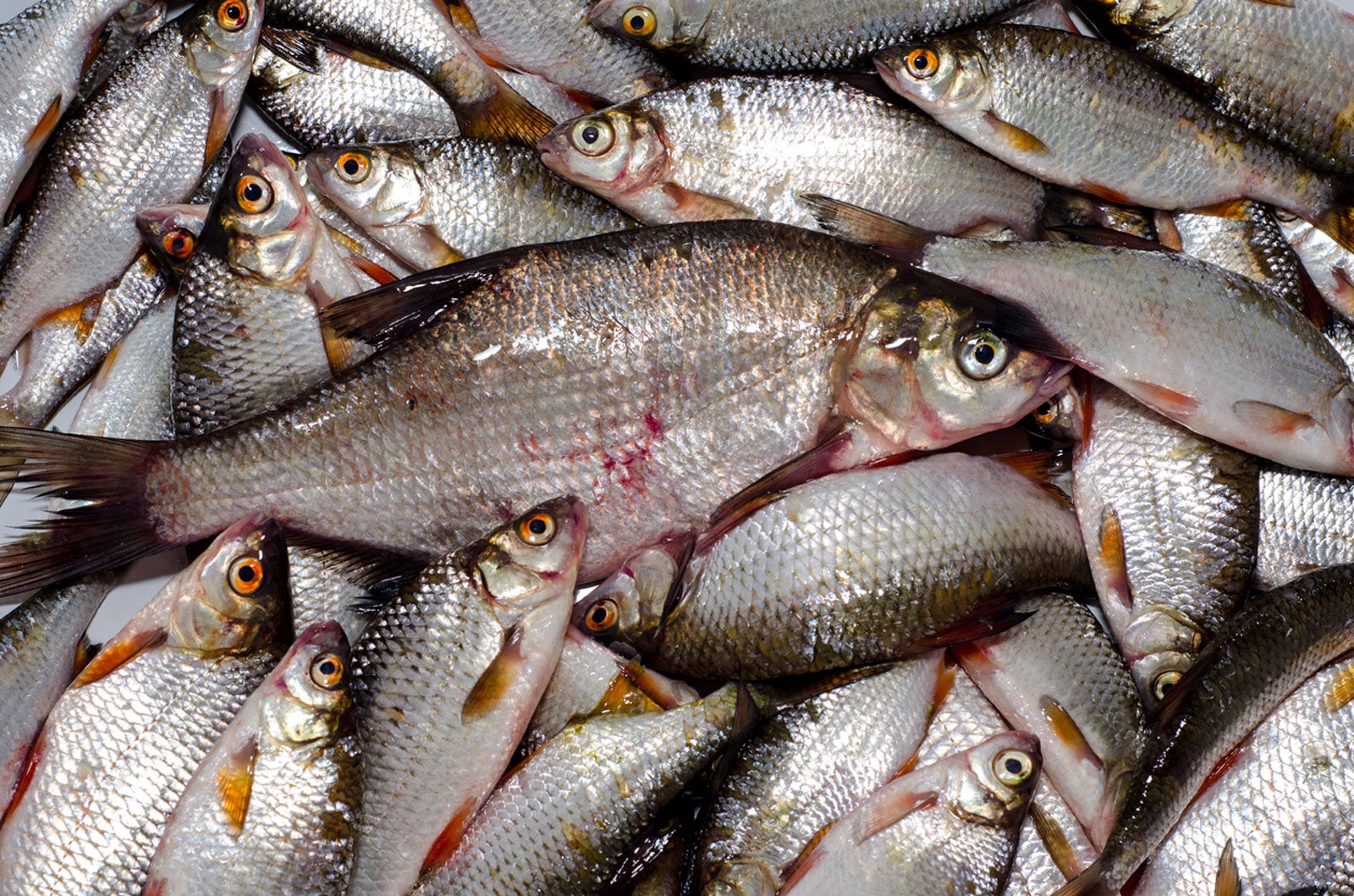
Using Fish Emulsion: Learn How And When To Use Fish Emulsion Fertilizer
Plants need light, water, and good soil to thrive, but they also benefit from the addition of fertilizer, especially organic. There are several organic fertilizers available – one type being fish fertilizer for plants. To learn more about fish emulsion, click the following article.
By Amy Grant
-
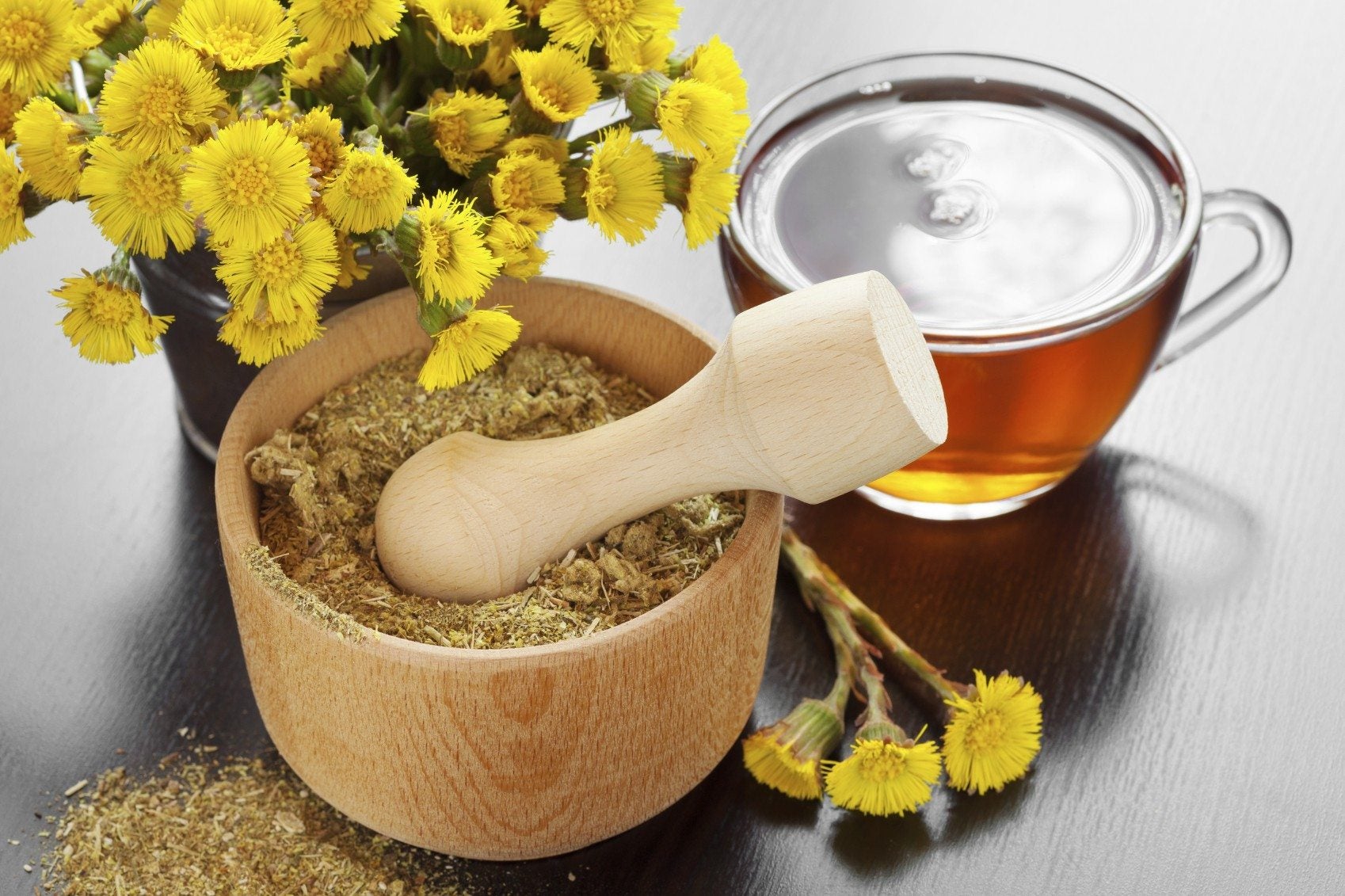
Organic Coltsfoot Fertilizer: How To Make Coltsfoot Fertilizer
Using coltsfoot leaves for fertilizer imparts healthful benefits to our green friends when applied as a tea or even as compost. Learn how to make coltsfoot fertilizer as part of your organic garden care ritual. This article will get you started.
By Bonnie L. Grant
-
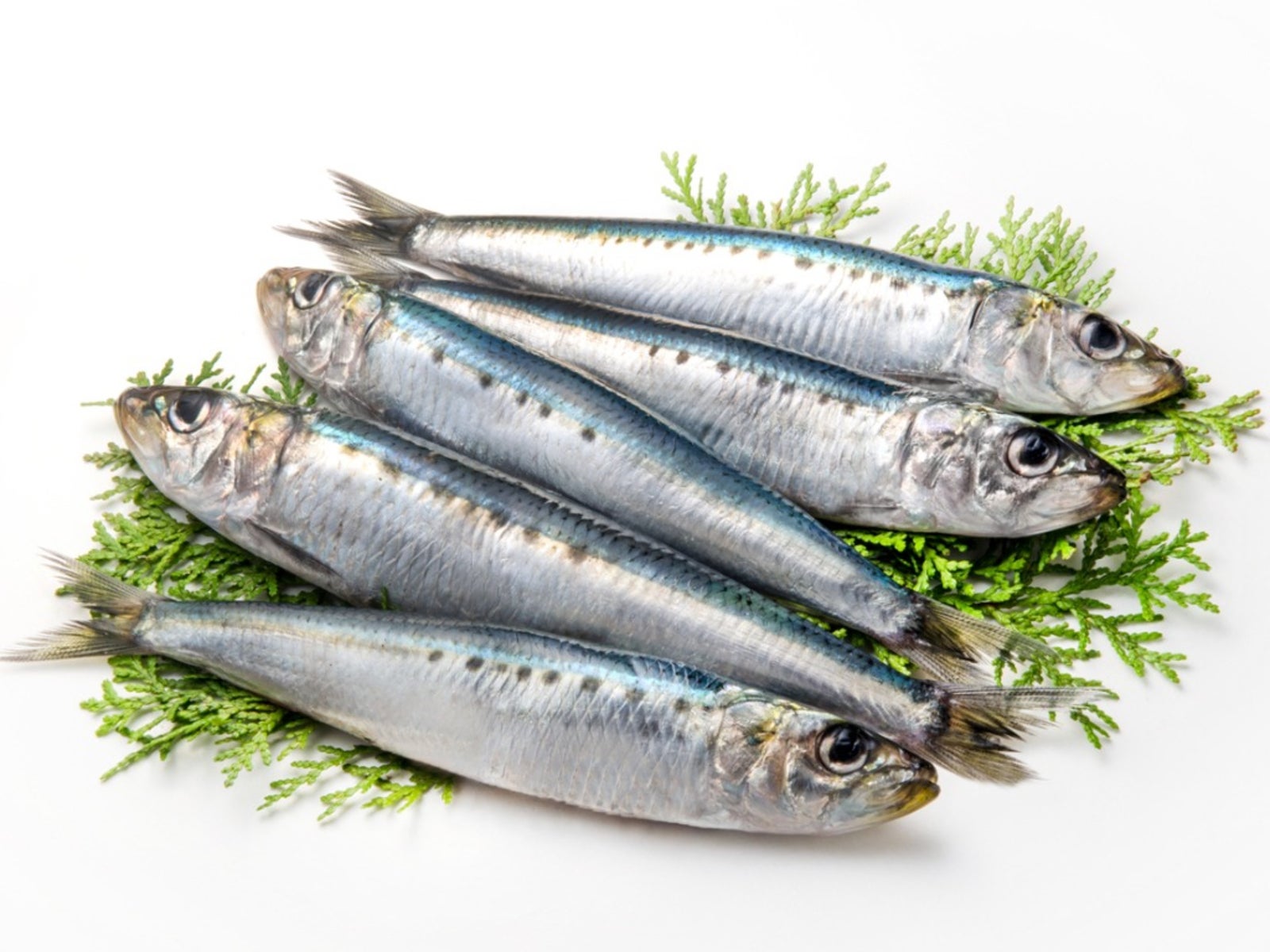
Fish Emulsion Fertilizer - Tips For Using Fish Emulsion On Plants
Fish emulsion benefits to plants and ease of use make this an exceptional fertilizer in the garden, especially when making your own. For more information on making and using fish emulsion, this article will help.
By Susan Patterson
